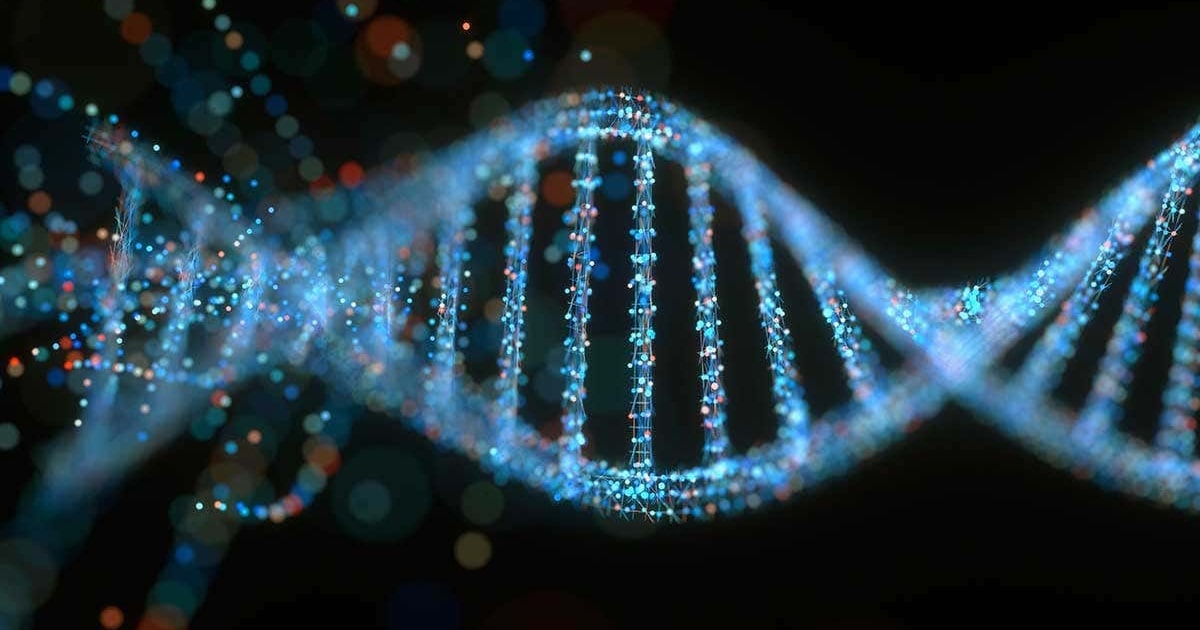
Expert Reviewed By: Dr. Brandon Colby MD
Rhabdomyosarcoma (RMS) is a rare type of cancer that affects the skeletal muscles and can occur in various parts of the body. It is the most common type of soft tissue sarcoma in children, but it can also affect adults. Understanding the genetic basis of this disease, along with the use of genetic testing, can help in early diagnosis, treatment, and management of RMS. This article delves into the role of genetics in RMS, with a focus on somatic mutations, and the importance of genetic testing for this disorder.
Genetic Mutations and Rhabdomyosarcoma
Recent studies have shed light on the genetic mutations associated with RMS. In one such study, researchers report the first case of a KRAS mutation causing epidermal nevus, polycystic kidneys, and rhabdomyosarcoma. This study suggests that somatic mosaicism, a condition in which an individual has cells with different genetic makeup, may be present in two distinct body regions.
Another study identifies 245 genes that cause chromosome instability in yeast and human cancer cells, providing potential targets for selective cancer treatment, including RMS. Further research into the genetic causes of RMS can lead to better understanding and targeted treatments for this disease.
Genetic Testing for Rhabdomyosarcoma
Genetic testing can be a valuable tool in diagnosing and managing RMS. By identifying the specific genetic mutations associated with the disease, healthcare providers can make more informed decisions about treatment and follow-up care. Some of the uses of genetic testing for RMS include:
1. Early Diagnosis and Risk Assessment
Genetic testing can help identify individuals who may be at an increased risk of developing RMS, particularly in families with a history of the disease. Early diagnosis can lead to more effective treatment and improved outcomes for patients.
2. Personalized Treatment
Understanding the specific genetic mutations involved in a patient's RMS can help healthcare providers develop a personalized treatment plan. Targeted therapies can be designed to address the specific genetic abnormalities present in the tumor, potentially leading to more effective and less toxic treatments.
3. Prognosis and Monitoring
Genetic testing can provide information about a patient's prognosis, helping healthcare providers determine the best course of action for treatment and follow-up care. Additionally, monitoring the presence of specific genetic mutations in the tumor can help track the effectiveness of treatment and detect any signs of recurrence.
Future Directions in Rhabdomyosarcoma Research
As our understanding of the genetic basis of RMS continues to grow, so does the potential for improved diagnosis, treatment, and management of this disease. Ongoing research, such as the study on cellular and genetic causes of idiopathic hyperaldosteronism and the article on the genetic causes of pituitary adenomas, will continue to provide valuable insights into the complex genetic landscape of RMS and other related disorders.
In conclusion, genetic testing plays a crucial role in the diagnosis and management of rhabdomyosarcoma, somatic. As our understanding of the genetic factors contributing to this disease continues to expand, so does the potential for more effective and targeted treatments. By embracing the power of genetic testing, healthcare providers can offer better care and improved outcomes for patients affected by RMS.
About The Expert Reviewer
Dr. Brandon Colby MD is a US physician specializing in the personalized prevention of disease through the use of genomic technologies. He’s an expert in genetic testing, genetic analysis, and precision medicine. Dr. Colby is also the Founder of and the author of Outsmart Your Genes.
Dr. Colby holds an MD from the Mount Sinai School of Medicine, an MBA from Stanford University’s Graduate School of Business, and a degree in Genetics with Honors from the University of Michigan. He is an Affiliate Specialist of the American College of Medical Genetics and Genomics (ACMG), an Associate of the American College of Preventive Medicine (ACPM), and a member of the National Society of Genetic Counselors (NSGC)